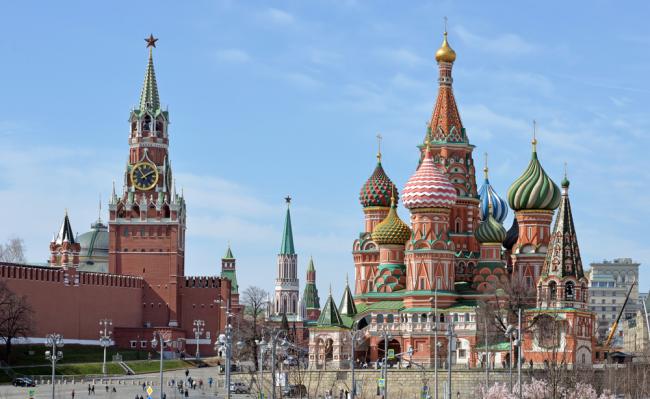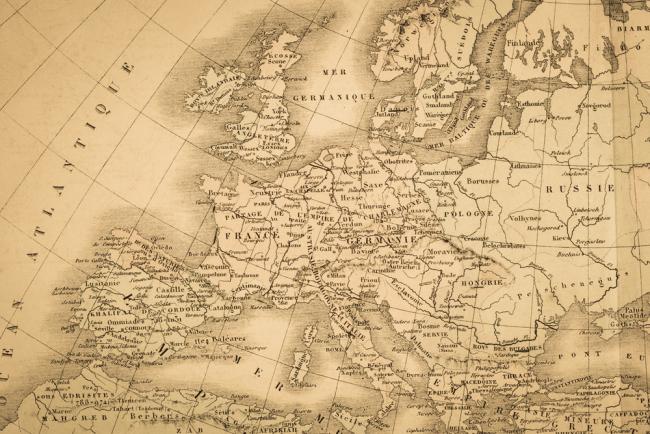Between Attraction and Repulsion: Strengths and Weaknesses of Russia’s Image Abroad
In search of a better image, Russia has created a whole arsenal of soft power since the mid-2000s according to a Western model.
Friends in Need: Whither the Russia-India Strategic Partnership?
This paper explores the latest developments in key spheres of the Russia-India relationship in order to identify the state of bilateral ties at a time when South Asia has turned into an area of geopolitical contest of both global and regional powers.
Russian Nuclear Modernization and Putin’s Wonder-Missiles: Real Issues and False Posturing
The near imminent breakdown of the INF Treaty (1987) has strongly intensified political and public concerns about the failure of traditional arms control and the escalation of a new nuclear arms race.
Greater Eurasia: The Emperor’s New Clothes or an Idea whose Time Has Come?
The Greater Eurasia project has emerged as the poster-child of Vladimir Putin’s foreign policy, symbolic of a resurgent and self-confident Russia.
Russia’s "Great Return" to Africa?
Russia’s comeback to Africa has been widely discussed since 2017.
Imagined Geographies of Central and Eastern Europe: The Concept of Intermarium
Like the proverbial cat, some concepts have several lives. Or, like the mythological phoenix, they can be reborn from the ashes. This is certainly the case of the Intermarium, a geopolitical concept that envisaged an alliance of countries reaching from the Baltic Sea over the Black Sea to the Aegean Sea that would serve as a third power bloc between Germany and Russia.
Russia’s Relations with Southeast Asia
In recent years, Russia has focused on developing its relations with Southeast Asia, particularly in the areas of economic ties and arms sales.
Northern Europe’s Strategic Challenge from Russia: What Political and Military Responses?
The return of more conflictual relations between Russia and the West following Russia’s intervention in Eastern Ukraine and its annexation of Crimea has led to a deterioration in the strategic environment for Northern European countries, particularly in the Baltic Sea Region and the Arctic.
Making Sense of Russia’s Policy in Afghanistan
For some time, Western sources have been accusing Moscow of backing the Taliban regime in Afghanistan.
Moscow’s Syria Campaign: Russian Lessons for the Art of Strategy
This monograph argues that the Syrian experience may leave a major imprint on Russian strategic thought and operational art.
Evolution of Nuclear Strategy in US and Russia and its Implications for Arms Control
Support independent French research
Ifri, a foundation recognized as being of public utility, relies largely on private donors – companies and individuals – to guarantee its sustainability and intellectual independence. Through their funding, donors help maintain the Institute's position among the world's leading think tanks. By benefiting from an internationally recognized network and expertise, donors refine their understanding of geopolitical risk and its consequences on global politics and the economy. In 2025, Ifri supports more than 80 French and foreign companies and organizations.










